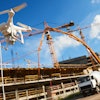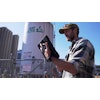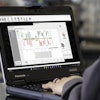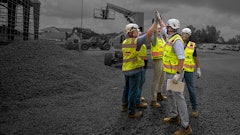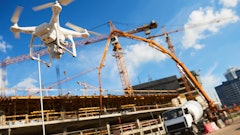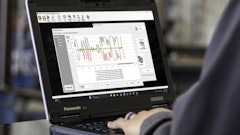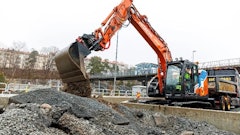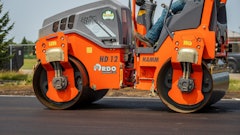According to a recent study published by the Reason Foundation, a nonprofit think tank dedicated to advancing free minds and free markets, projected traffic delays are expected to increase by over 65 percent in 12 major U.S. metro areas over the next 25 years, and an estimated $533 billion in new road construction will be required to prevent or relieve this anticipated congestion. The number of congested lane miles on urban roads will rise by 50 percent over the next 25 years, and unless an additional 104,000 lane miles are constructed, the economic health of the United States could be threatened, according to the Reason report.
Los Angeles, which currently has the worst traffic congestion in the country, is expected to see travel times doubling during peak hours. But other metro areas —Atlanta, Baltimore, Chicago, Denver, Las Vegas, Miami, Minneapolis/St. Paul, Portland, San Francisco/Oakland, Seattle/Tacoma, and Washington, D.C. — will also begin to experience bottlenecks similar to Los Angeles. Travel times in those metro areas are projected to increase by 75 percent during peak travel periods. In fact, the Reason study projects that 30 cities will experience daily delays, making rush hour trips 50 percent longer than off-peak journeys.
The investment required to prevent or relieve this congestion nightmare could save drivers 7.7 billion hours annually in lost time spent on gridlocked roadways.
The $523 billion price tag required to add lane miles in congested metro areas breaks down to slightly more than $21 billion per year, which according to the report, represents just 10 to 15 percent of the money projected to be spent on the highway program over the next 25 years.
Eliminate the pork in the current highway bill, as well as all future bills, and earmark that money to building and maintaining roads only, which will make expanding the current network a little easier. But the real solution will require a concerted effort on the part of the road construction industry, the customer agencies served; the federal, state, county and local governments that allocate funds for the work; and most importantly the taxpayers who ultimately pay the bill.
Population growth and increased traffic volume, particularly truck traffic which transports 80 to 90 percent of our economy's goods, will require increased spending to expand this country's road infrastructure just to keep pace with the current congestion levels. Banking on Americans to make a dramatic shift to a public transit alternative to avoid congestion on metro roadways is not a reasonable solution. We Americans like the freedom to come and go as we please, and we're not all that crazy about car pools.
It's a good idea to fund public transit systems and encourage more people to use them, but funding needs to be equitable based on the systems people are actually using.
Greg Udelhofen, Editor


